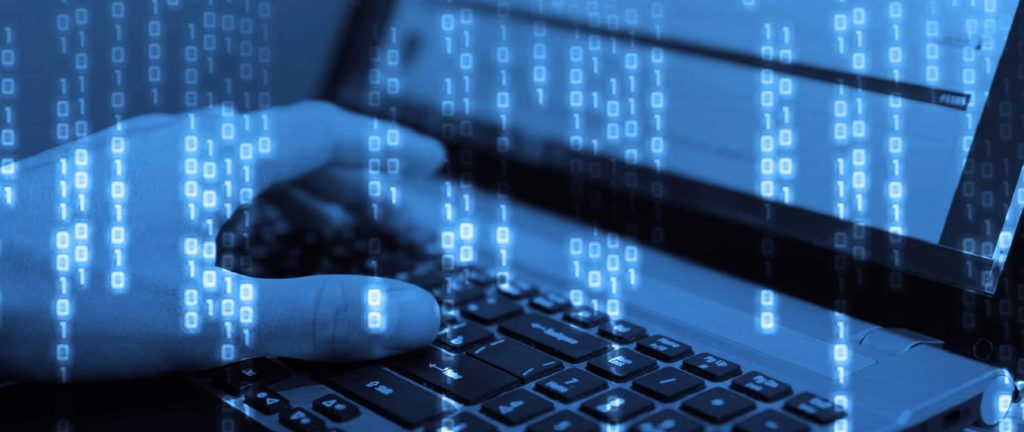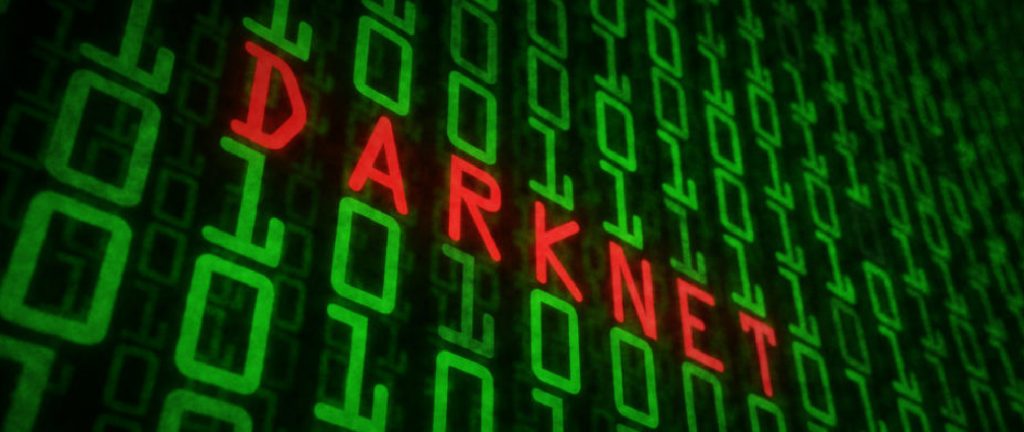Doxxing: The Emerging Service on the Dark Web
Digital attacks are so popular nowadays – as every celebrity, influencer, and politician becomes the target of doxxing. Read this blog to know all about doxxing, how it works, examples, is it legal.
What is Doxxing?
Doxxing is also known as Doxing, it exposes someone’s personal data online. It is basically online harassment that publicly reveals someone’s real name, address, job, phone number, and other identifying data without the victim’s permission. The purpose of Doxxing is to degrade, bully, harass, and harm the victim.
History of Doxxing
The Doxxing word comes from the term Dox arrives from word docs which stands for documents. In the 1990s hackers exposed people’s personal data which run-ups to the internet with examples found in pamphlets and newspapers. However, the Doxxing term was popularized in the mid-2010s and this era highlighted the negative consequences of exposing someone’s private data. Doxxing is a well-known term that shows the dark web network’s anonymity and the ease with which personal data can be weaponized. Right now, Doxxing is not just for hackers as it is the use of dark web scanning to dig up the dirt on their competition.
How Doxxing Works?

Doxxing starts with a conflict between individuals online. Suppose you have posted something on a social media platform from an anonymous account. And if someone offends or disagrees with you they stalk you and find personally identifiable data. They publish the data online making you the target of subsequent harassment.
Here we have shared doxxing methods ranging from searching on Google or data broker sites to requesting public records, hacking your email account, buying data from criminals on the Dark Web forums, or getting dark web Doxxing services.
Public Records
Doxing basically starts with, if a doxxer knows the target legal name, its data is in the public record including voter registration, property records, marriage and divorce records, mug shots, and more. These details are found on Google but a doxxer can get them from Govt agencies often at low to no cost.
Whois Record
However, if the target is linked with a specific internet domain, then the doxxer will find the whois record to know the target’s name, address, and phone number. But if the domain is set to private doxxer will collect the breadcrumbs about the target that is scattered across the internet. Then assemble those small pieces of data to disclose the real person behind it.
Social Breadcrumbs
Doxers also use other techniques to link an online pseudonym to an actual person. Since many people use similar handles across many sites or online communities. For example, breadcrumbs of personal data exposed in different circumstances can be joined to make a fuller picture of a person than they might realize. Moreover, OPSEC methods can also be used to confirm suspicions that an online handle might be connected to a specific person.
Tracking IP Addresses
Doxxers use various methods to track the IP address that is linked to your physical location. When they get the IP address they can use social engineering tricks on your ISP – internet service provider to know more data about you.
Phishing
If someone uses an insecure email account or falls victim to a phishing scam the hackers can expose sensitive emails and post them online.
Dark Web Doxxing
Well, all these above-mentioned tactics are legal but Doxxers indeed use nefarious methods that involve less effort. There are data brokers on the dark web derived from the countless data breaches that trouble companies. If a Doxxer gets their target’s name, email address, or social media handle record in the databases, they can get a wealth of data that can then be posted widely. Additionally, there are paid dark web doxing services available like Doxbin, Ran$umBin, and many others.
Data Dark Net Doxxers Looking For

In the dark web doxxers continuously look for personal data to exploit unsuspecting victims. However, their purpose ranges from personal battles to financial gain. Here is the data a doxxer might want.
- Phone number
- Home address
- Social security number
- Diving license data
- Passport data
- Bank or credit card data
- Personal communications (emails/username/etc.)
- Private life data (property, marriage, and divorce records, etc)
- Personal photos
- Criminal history
Examples of Doxxing
- Many Reddit community users collectively scoured news and data to identify the perpetrator of the Boston Marathon bombing in 2013. Reddit users ended up inaccurately finding and doxxing several perpetrators. They offer data to law enforcement that they could then use to hunt for justice. However, none of them turned out to be intricate in the bombing.
- Ashley Madison was a popular dark web dating website for married people who were looking for extramarital affairs. Hackers made demands of the management behind this site however those demands were not met. In the end, the group released users’ data including private info like names, addresses, phone numbers, and sexual preferences. All the data resulted in doxxing and causing humiliation, and embarrassment. Even though many victims committed suicide.
- In Minnesota, a dentist illegally hunted and killed a lion. Cecil the lion living in a protected game preserve in Zimbabwe. This incident sparked global condemnation and some people resorted to doxxing. As a result, the data of the dentist was released online and he faced threats and harassment.
- In 1997 a US activist of anti-abortion targeted abortion providers. The activist doxxed and published abortion providers’ personal data as a hit list on the Nuremberg Files website. However, this site was shut down in 2002.
- In 2014 gamergate incident led to issues of sexism and harassment in the gaming industry. Gamergate initiated an online discussion but grew into a poisonous war where doxxing was the weapon. Female game developers, journalists, and influencers were targeted.
Is Doxxing Illegal?
Doxxing can collapse lives, as it can expose individual targets and their families to both online and real-world harassment. Consequently doxxing is illegal so far while there are few specific doxxing laws. Law enforcement charges Doxxers with other crimes like harassment, stalking, cyberbullying, identity theft, or provocation to violence.
